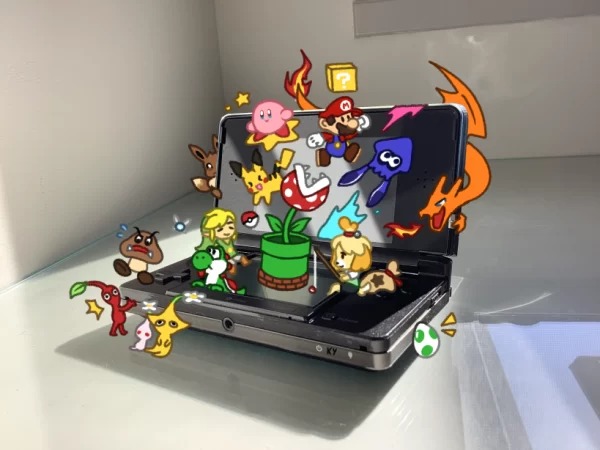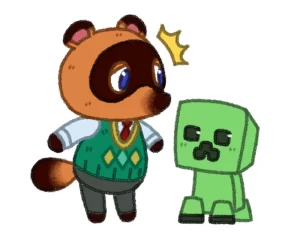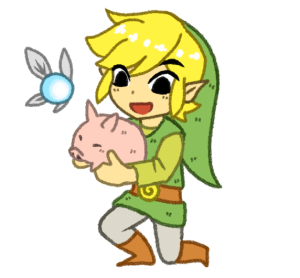
Hey, do you like video games? That was rhetorical, the real question is, “Who doesn’t?” Whether it be a thrilling combat game on your console or a cute puzzle game on your phone, every high schooler has at some point been obsessed with a video game. However, in the labyrinth of high school life and floods of homework, it’s hard to find time to indulge in these activities. And even when we do have the time, we are often shamed due to the negative stigma that surrounds them.
Students often feel guilty for taking time to recharge by playing their favorite video games, even if it’s just for a couple of minutes. This is due to the general belief that video games are bad for your health, or a “waste of time” that could be used for doing something more productive.
However, I completely disagree with this stance. When incorporated in moderation into your daily schedule, gaming can actually bring various cognitive and social benefits to the table, along with a better sense of productivity and lifestyle balance.
First and foremost, let’s debunk the myth that video games rot the brain. In reality, research shows that they provide a mental workout that rivals any crossword puzzle or Sudoku. According to the Cleveland Clinic, puzzle games like Tetris and Candy Crush Saga are “brain busters” that require a certain level of strategy in order to be successful. The strategic planning and quick decision-making required in these kinds of games stimulate cognitive functions, promoting problem-solving skills and enhancing memory retention.

In addition, the collaborative nature of many video games fosters a sense of community and teamwork, and can be an effective vessel for making friends. An online survey from 2021 reported that 87 percent of people who play video games feel a strong sense of togetherness with other players, and 89 percent have reported that they have made new friends. This is because multiplayer games encourage social interaction and collaboration, which helps to improve communication and other life skills.
Of course, video games are also important to students’ overall happiness, serving as an outlet for relaxation and enjoyment. For example, slow-paced games such as Animal Crossing, Stardew Valley, and even Minecraft can help you unwind after a long and tiring day. This is due to the “gentle progression” that these types of games implement, which gives players a feeling of control and relief from their daily anxieties. Additionally, the immersive storytelling and breathtaking visuals of games such as The Legend of Zelda: Breath of the Wild transport players into fantastical worlds, offering a much-needed escape from the stresses of school, work, and everyday life. After studying and doing homework for hours on end, gaming can provide a sanctuary where students can reset and recharge their brainpower.

Despite this, some still argue that playing video games is just another form of procrastination and laziness. However, this is only true when video game indulgence becomes uncontrolled or excessive. Balance is the key, and when it’s taken into account, playing video games during study breaks has proven to be exponentially more productive than just scrolling on your phone. Additionally, by replacing the bad habit of “doomscrolling” with an actual hobby like gaming, you no longer have to set time aside from your schedule to engage in recreational activities.
So, are video games good for you? The answer is, surprisingly, yes!! Although students may feel obligated to avoid playing video games, gaming has been proved to provide great benefits to the human mind and in maintaining a healthy work-life balance. Sometimes, simply powering on your Nintendo Switch or 3DS during your study break can be the best way to support a balanced and productive lifestyle.







